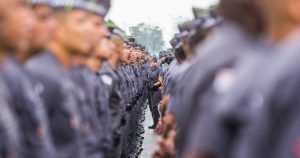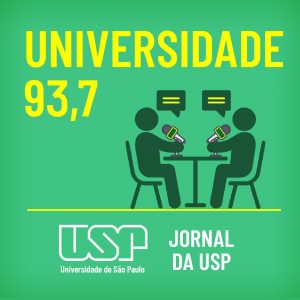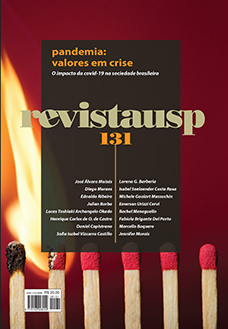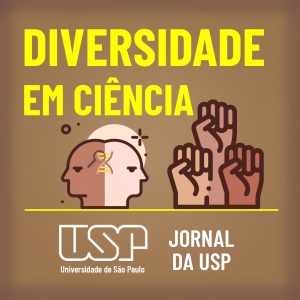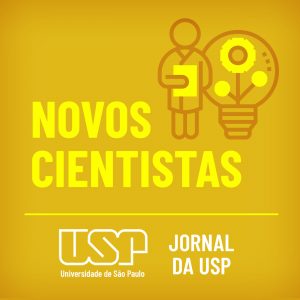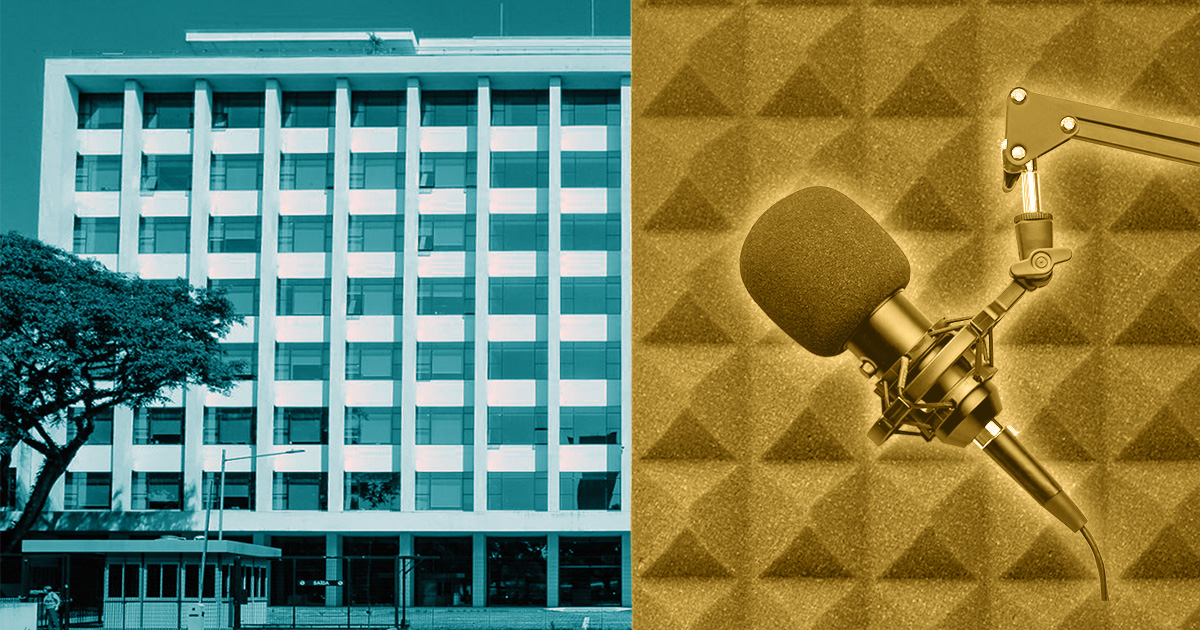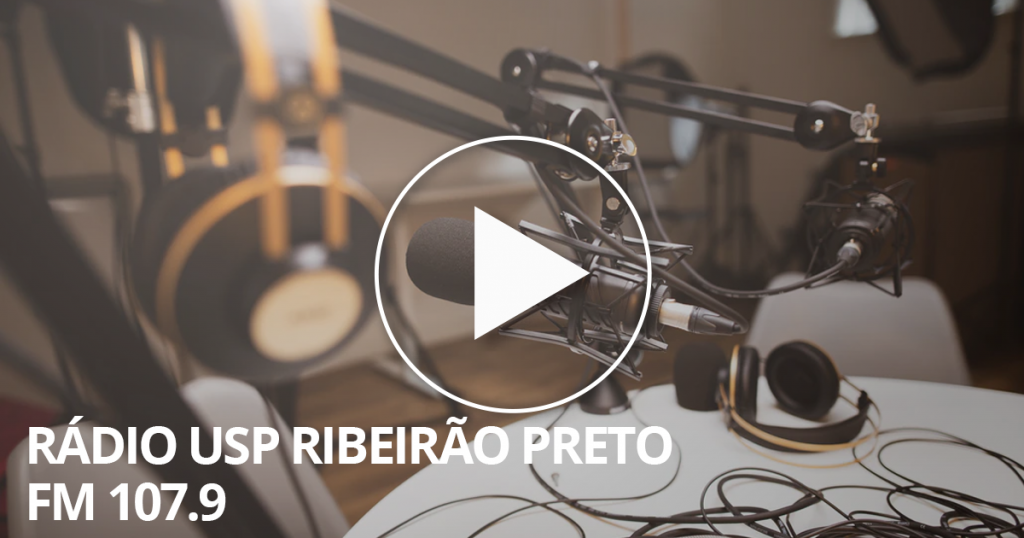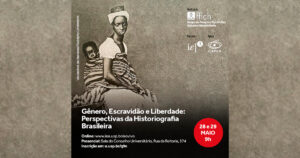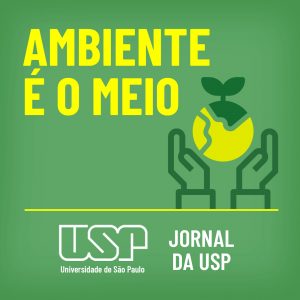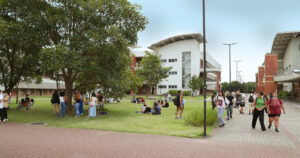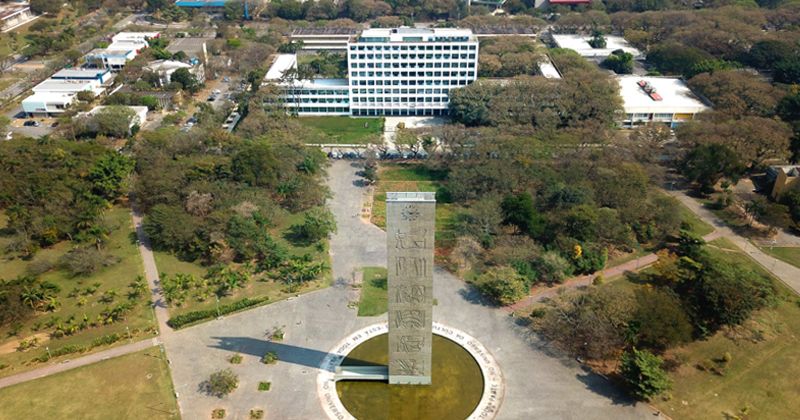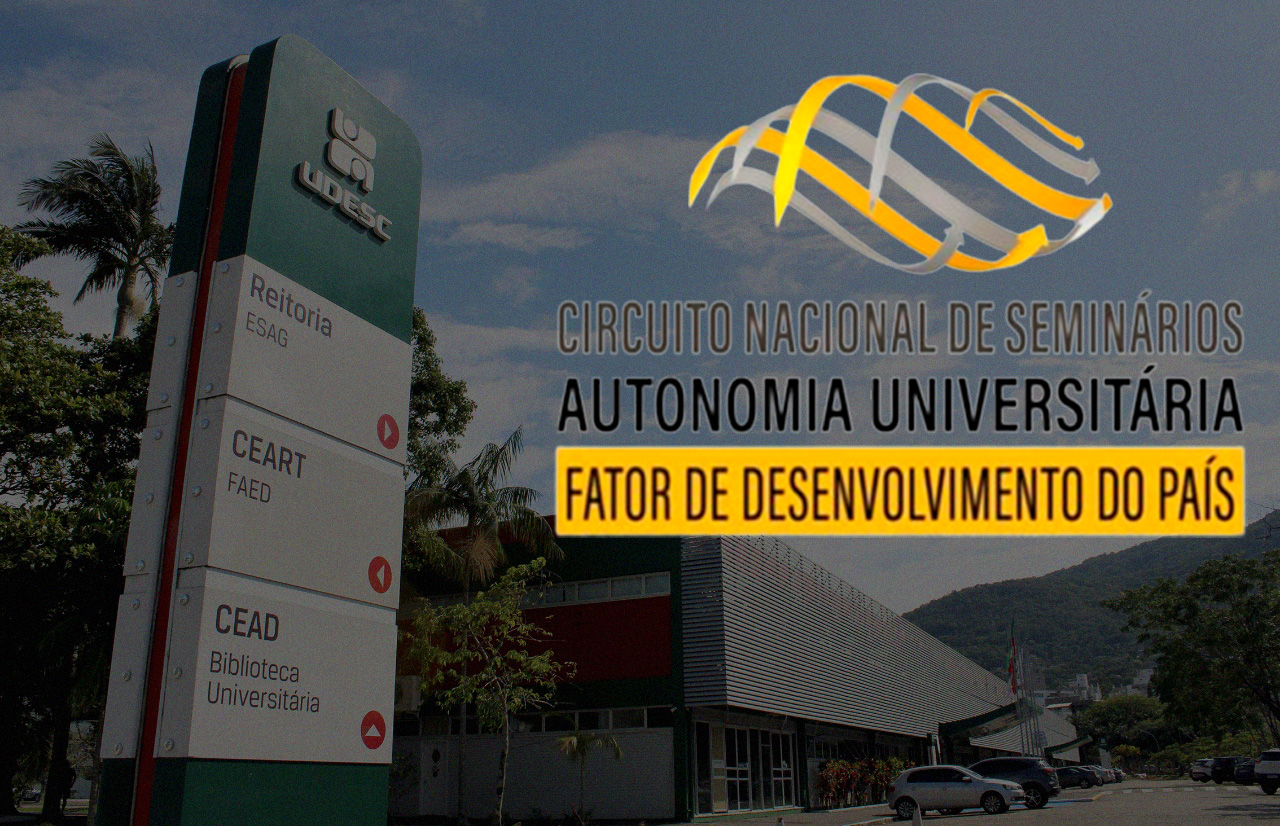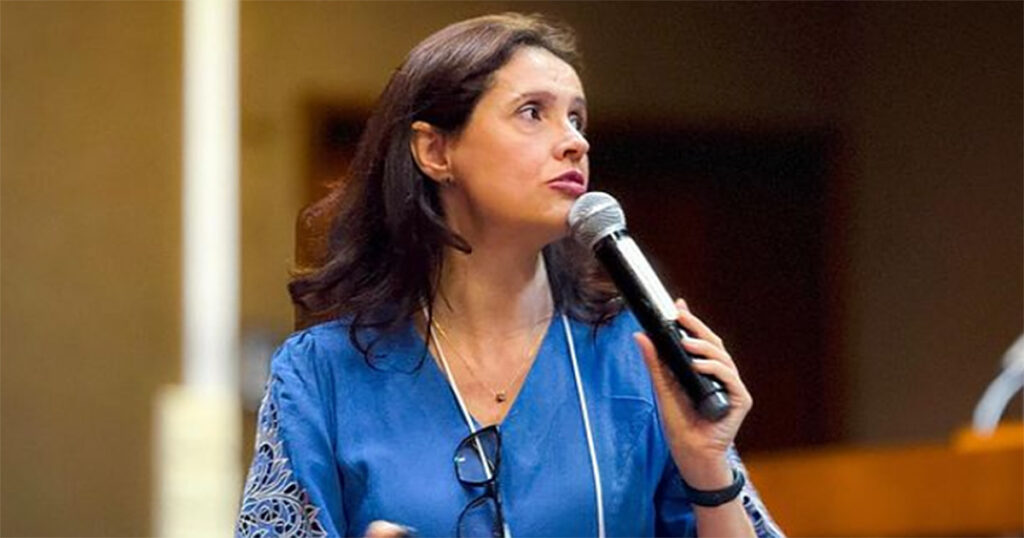
.
 Professor Anamaria Siriani de Oliveira, from the Department of Health Sciences at USP’s Faculty of Medical Sciences of Ribeirão Preto (FMRP), has been appointed to the Educational Standards Committee of the International Federation of Orthopaedic Manipulative Physical Therapists (IFOMPT).
Professor Anamaria Siriani de Oliveira, from the Department of Health Sciences at USP’s Faculty of Medical Sciences of Ribeirão Preto (FMRP), has been appointed to the Educational Standards Committee of the International Federation of Orthopaedic Manipulative Physical Therapists (IFOMPT).
This is the first time that a professional from Latin America has joined this federation, which is responsible for outlining the global educational standards for musculoskeletal physical therapy. The achievement reinforces the international recognition of FMRP’s Physical Therapy course, which already has the organization’s seal of approval as a benchmark for excellence in the area.
“I received the news with great joy and responsibility. I want to use this opportunity to support associations from other Latin American countries and help them organize themselves to also become members of IFOMPT” said Anamaria. The professor emphasized the cross-cultural challenge and the importance of representing the local realities of physical therapy internationally.
Challenges facing Brazilian physical therapy
Founded 50 years ago, IFOMPT is one of the most respected global organizations in the field of musculoskeletal physiotherapy and manual handling. Its work is marked by strict certification criteria for courses and professionals, which seek to align clinical practice with the best available scientific evidence. According to Aline Miranda, chairwoman of the Brazilian Association of Trauma and Orthopedic Physical Therapy (Abrafito), Anamaria’s appointment to the educational committee is a reflection of the advancement of Brazilian physical therapy worldwide and places the country in a prominent position.
For Aline, Anamaria's presence on the committee represents a step forward for the area. “It’s relevant not just for Brazil, but for the whole of Latin America. “We have a responsibility to bring our cultural point of view to musculoskeletal physical therapy education,” she said. According to her, this achievement reinforces the training of Brazilian physical therapists as highly qualified and capable of working anywhere in the world.
FMRP’s Physical Therapy course has IFOMPT certification, obtained after rigorous curricular and documentary analysis, assuring that the institution’s training meets global standards. According to Anamaria, the specialization in Trauma and Orthopedic Physical Therapy at FMRP’s Hospital das Clínicas is currently the only one in Brazil to meet the federation’s requirements.
International standards
Although certification is a milestone, its full implementation faces challenges in Brazil. The IFOMPT requires a minimum of 500 hours for graduate studies courses, including 150 hours of supervised internship, while Brazilian courses generally follow the minimum class load of 360 hours stipulated by the Ministry of Education (MEC). “Most specialization courses in Brazil still don’t include this practical load, which restricts adherence to international standards,” said Aline.
For Anamaria, the standardization of the curriculum must respect local specificities. She also emphasized the importance of balancing global standards with local practices, comparing the international curriculum to the “seed of a Brazilian grape” that must be wrapped in Brazilian traditions and culture. “We need to align the curriculum with an international standard, but without losing our cultural identity. In Brazil, in person care and the therapeutic touch are valued, which reflects our relationship with human and universal care,” said the professor.
Anamaria also pointed out the impact of artificial intelligence (AI) on physiotherapy, highlighting the need to train professionals who combine technical and socio-emotional skills.”We are in an era of more accessible artificial intelligence. This requires our professionals to demonstrate the value of in-person care and interpersonal relationships with patients.”
Anamaria’s appointment also brings significant opportunities for Brazilian physical therapy. In partnership with IFOMPT, Abrafito is planning a training workshop during its congress in August 2025 in the city of Florianópolis. The activity will be aimed at professors and teaching supervisors, with the participation of physiotherapists from other Latin American countries, such as Argentina, Chile, and Colombia. “This will be a unique opportunity to train and exchange experiences between professionals from different backgrounds,” said Aline.
.
By: Eduardo Nazaré – FMRP Press Office under the supervision of Rose Talamone
English version: Nexus Traduções

